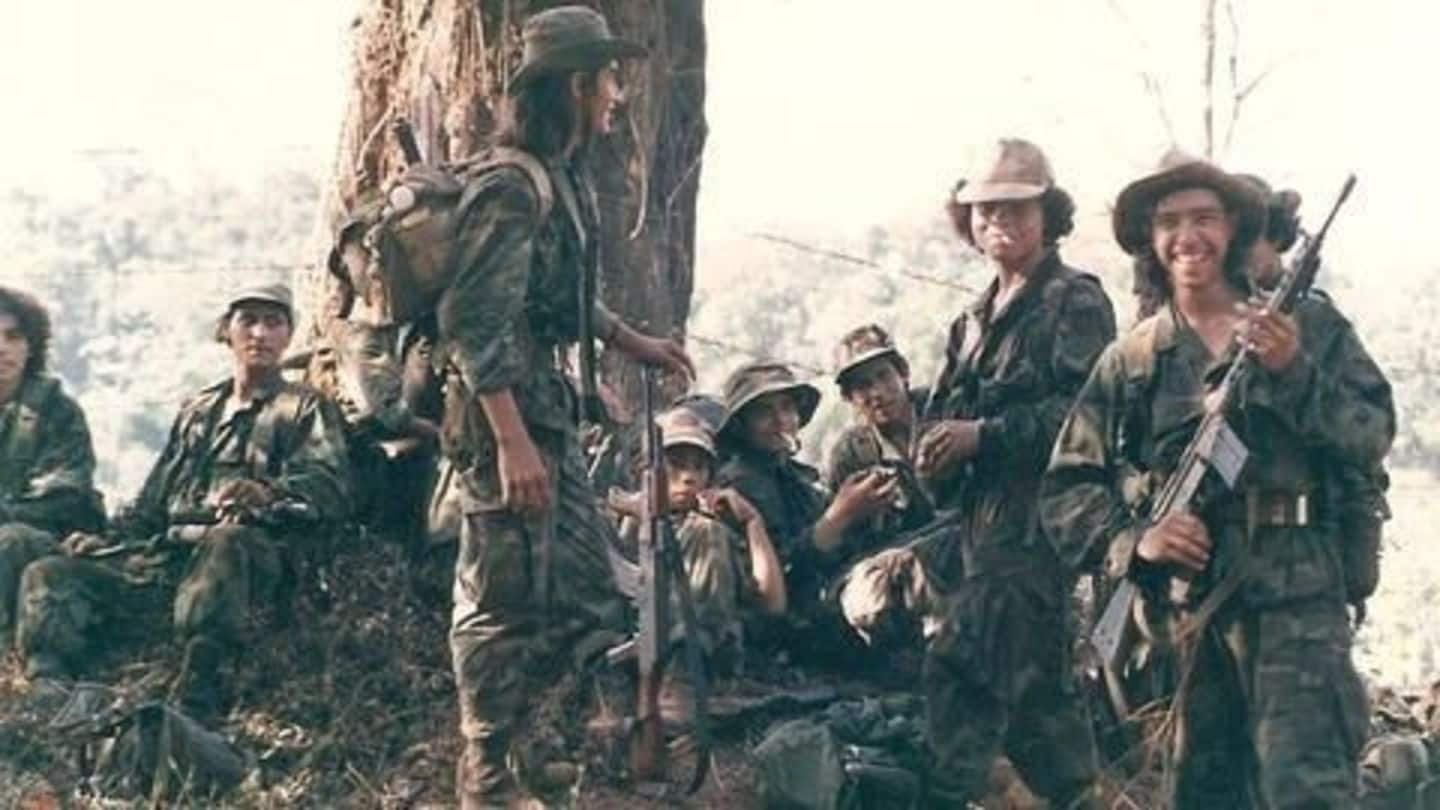
Colombia: President Santos extends amnesty to 3600 FARC rebels
What's the story
Colombian President Juan Manuel Santos signed the third and final decree granting amnesty to around 3600 members of the rebel group Revolutionary Armed Forces of Colombia (FARC). This comes after the FARC handed over their weapons to the UN mission in Colombia last month. Around 7000 rebels have further been released from prisons or extended amnesty as part of their reintegration into the society.
About
Who are the FARC?
FARC was founded in 1964 by small farmers and labourers to fight landlessness and economic inequality on the lines of Marxist-Leninist ideology. It has been involved in an internal armed conflict with the Colombian government for about five decades and has resulted in large losses of property and lives including civilians. Considered one of the richest rebel groups, FARC derives funds from Cocaine trade!
Information
Santos: The peace architect
The three amnesty decrees signed by Santos has brought about the release of over 1400 prisoners and has benefited around 6005 ex-rebels. He was awarded the Nobel peace prize in 2016 for his extraordinary efforts.
Details
FARC and Colombia's peace talks
FARC joined peace talks in 2012 after its significant weakening because of years of fighting and losing its top leadership. Although the first version of the agreement that resulted out of four-year-long negotiations in Cuba was rejected in a referendum, a modified version was later signed into law by Colombia's Congress. Re-integration of FARC members into society constituted a key part of the agreement.
Information
Colombian peace: What now?
Under the Agreement, FARC will now become a political party. Colombian government is also negotiating with another rebel group, the National Liberation Army (ELN) which also joined peace talks after FARC, and is likely to end armed confrontation with the Colombian government soon.